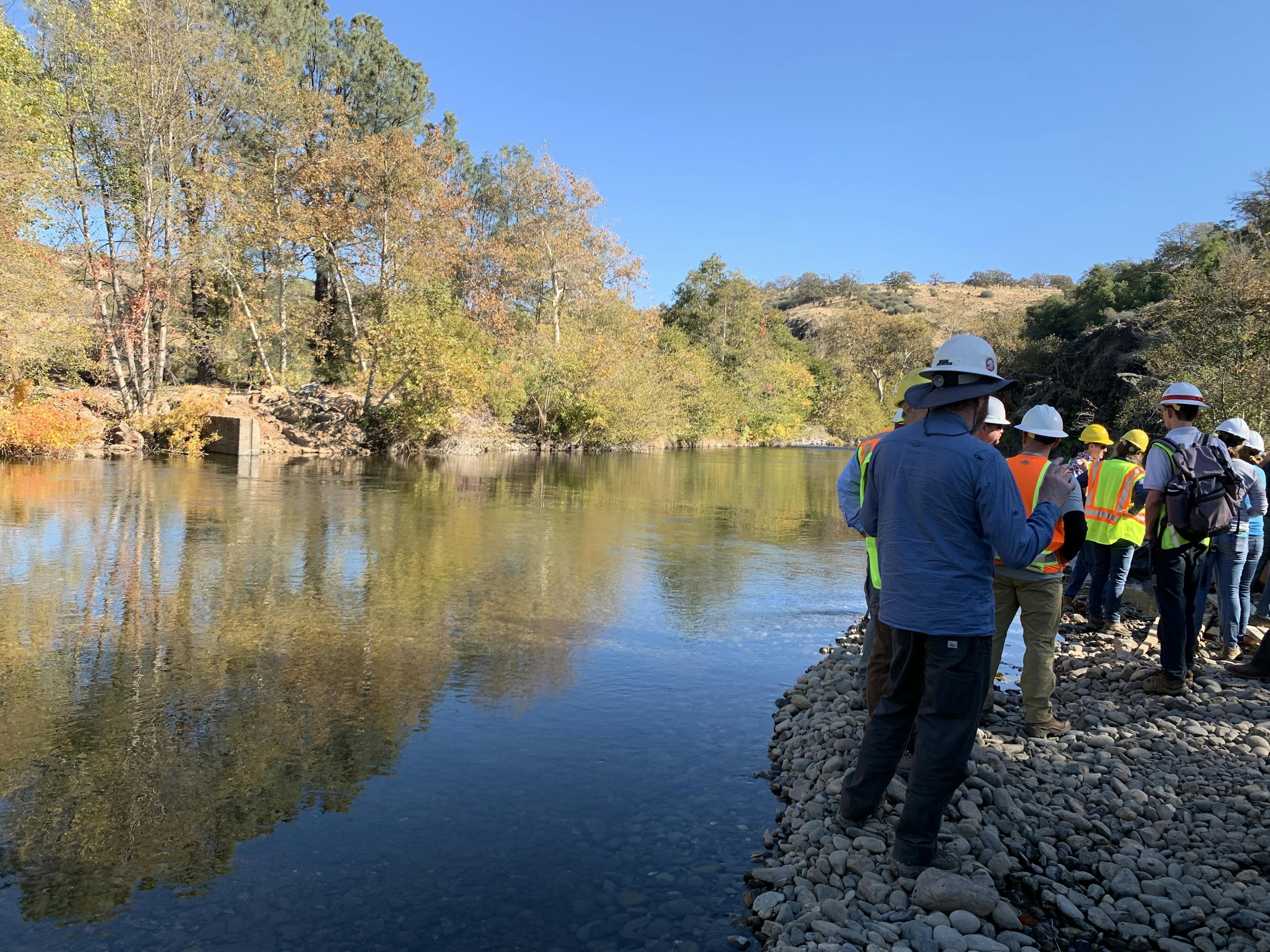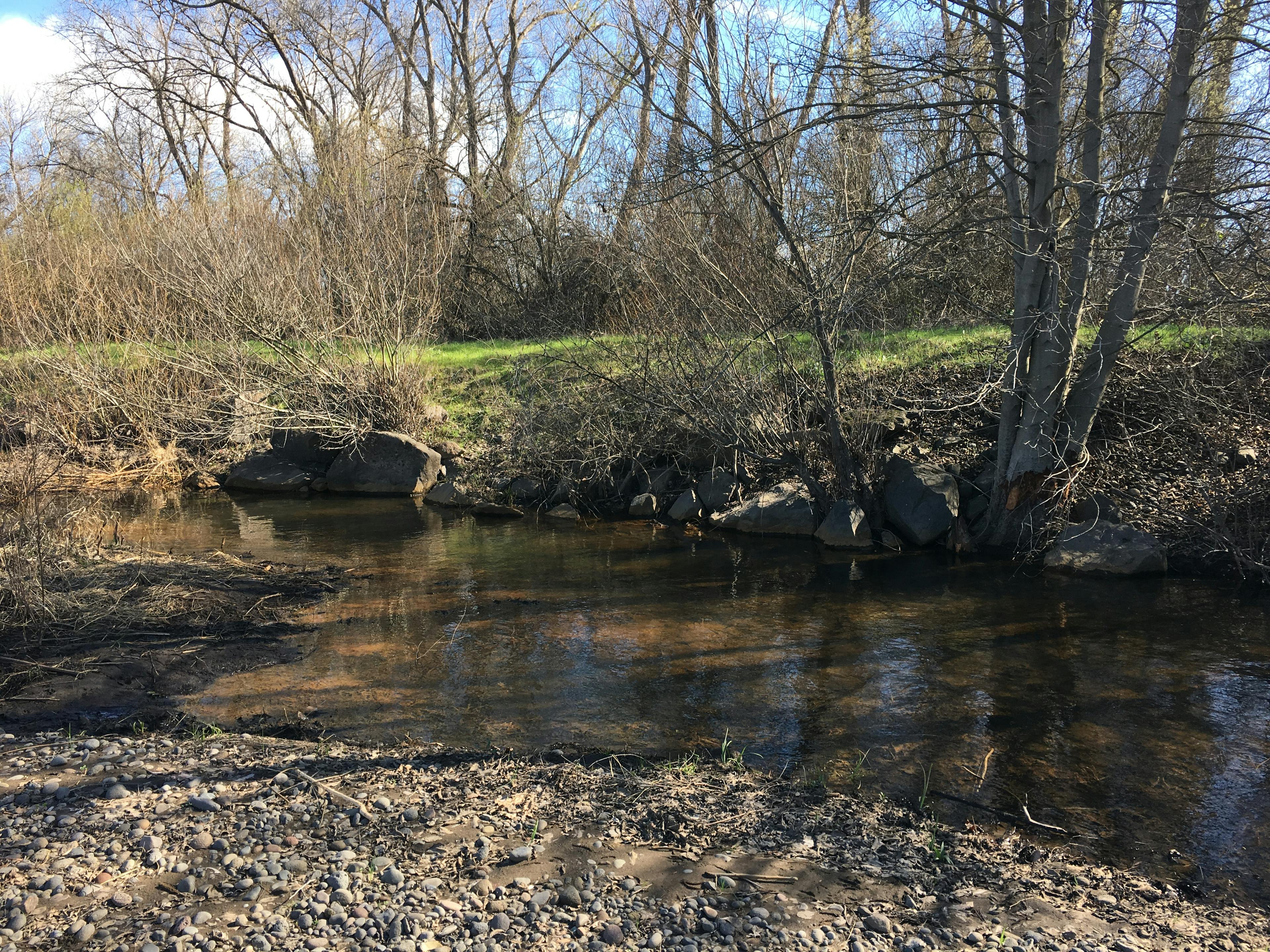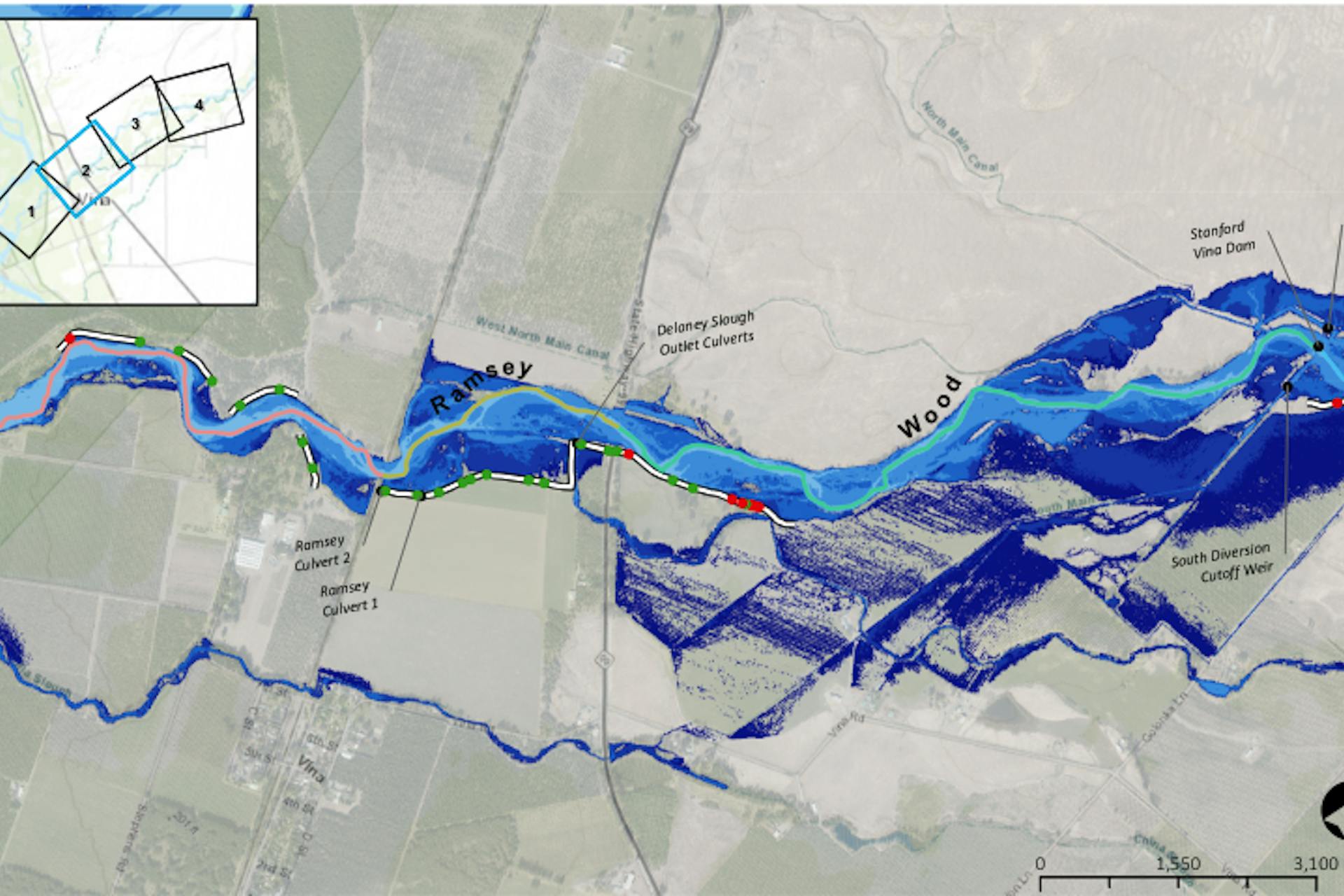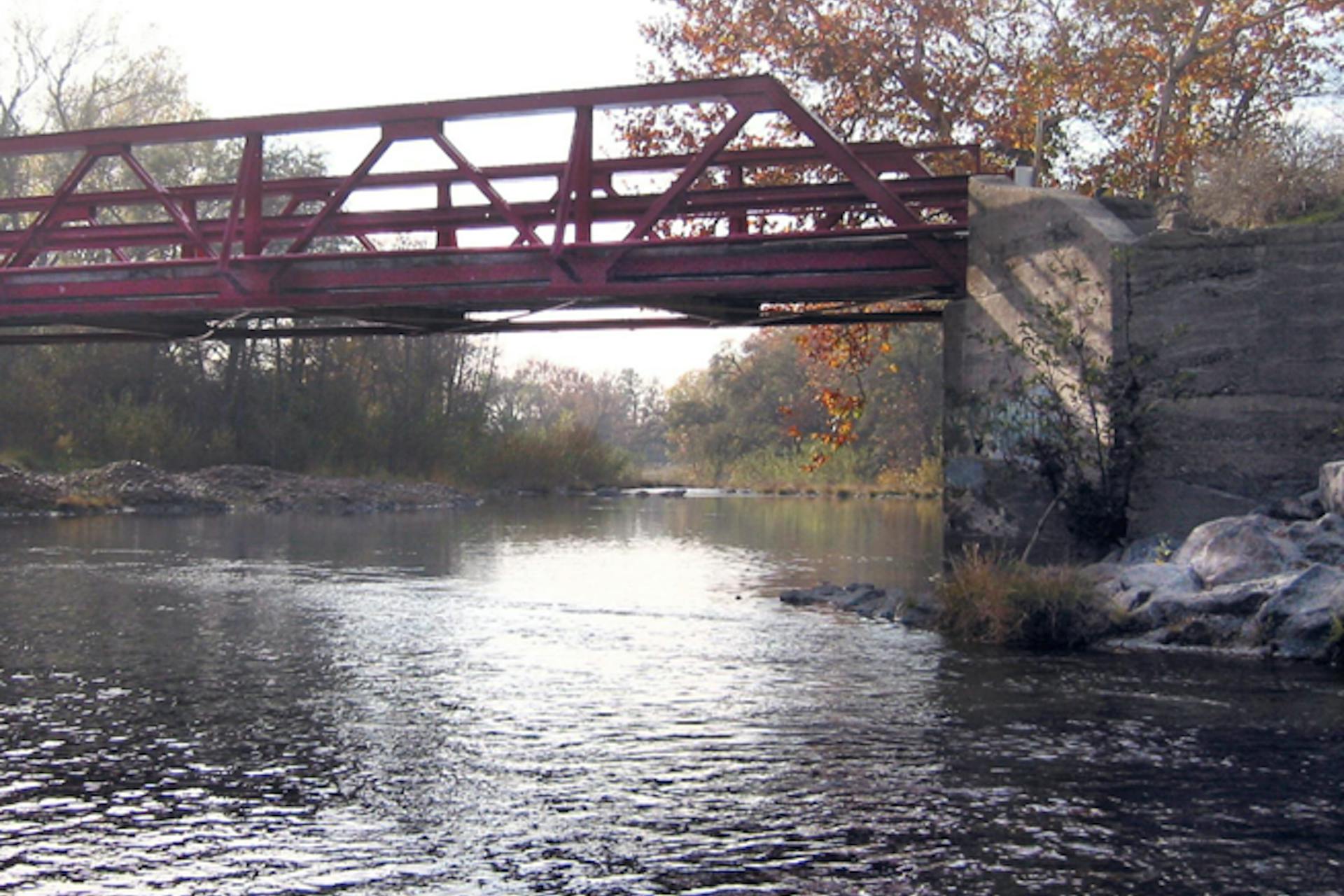Lower Deer Creek Restoration and Flood Management Plan

Client
Private Client
Project Categories
Tags
Salmonid RestorationdatabaseData ManagementFloodplain Restorationdeveloper_modeApp Developmentnote_altCEQA/NEPAmonitoringData Analysis & VisualizationValley Creeks for Salmon
In 2022, FlowWest completed the Environmental Impact Report for the Lower Deer Creek Flood and Ecosystem Improvement Project (linked below). Deer Creek is one of only four Central Valley watersheds that support populations of spring-run Chinook salmon, and is also prone to damaging flooding that impacts farmland and infrastructure approximately every 5 to 10 years. The EIR evaluated the impacts of a suite of flood protection and ecosystem enhancement actions along the lower eight miles of Deer Creek, and identified a preferred, multi-benefit project that would restore the design flood protection level of the United States Army Corps of Engineers (USACE) levee system on Lower Deer Creek.

Long-Term Objectives For Flood Control
FlowWest's work within the Deer Creek watershed spans two decades, during which the firm has been instrumental in conducting the analyses necessary to assess flood protection and ecosystem needs, and build consensus on the path forward for the project. To complete the project EIR, FlowWest led hydrologic and hydraulic modeling, a geomorphic assessment, fish habitat suitability assessment, and iterated through designs for levee setbacks and floodplain habitat restoration. The project engineering design and permitting, and implementation are currently funded through a grant from DWR.

Interdisciplinary Approach to Conservation
The proposed project would also create up to 43 acres of new seasonally inundated floodplain rearing habitat for juvenile salmonids. In addition, the proposed project would restore flood conveyance capacity and fish passage in China Slough, a remnant distributary channel from Deer Creek. These flood and ecosystem improvements were all developed in collaboration with local landowners along the creek to complement and sustain the agricultural livelihoods along the creek. Additonally, FlowWest leveraged their in-house data science team to build an interactive project description tool (linked below). This open-source application was used throughout the project process to share information with the community, regulatory agencies, and other interested parties. This application also included a novel way of sharing hydrodynamic and habitat suitability modeling results. FlowWest strives to develop engaging, accessible ways to learn about their important work.

Related Content

Lower Deer Creek Web App
FlowWest/Deer Creek
open_in_newThis web application was built to support project outreach efforts through improved understanding of the Lower Deer Creek Flood and Ecosystem Improvement Project, particularly the changes that would result from implementation

EIR for the Lower Deer Creek Flood and Ecosystem Improvement Project
Dept of Water Resources
open_in_newThis ecosystem improvement project would restore the design flood protection level of the United States Army Corps of Engineers (USACE) levee system on Lower Deer Creek and construct additional flood control infrastructure to contain a 21,000 cubic-feet-per-second flood event. The proposed project would also create up to 43 acres of new seasonally inundated floodplain rearing habitat for juvenile salmonids between the Stanford-Vina Ranch Irrigation Company (SVRIC) Dam and Red Bridge. In addition, the proposed project would restore conveyance capacity in China Slough, a remnant distributary channel from Deer Creek.
